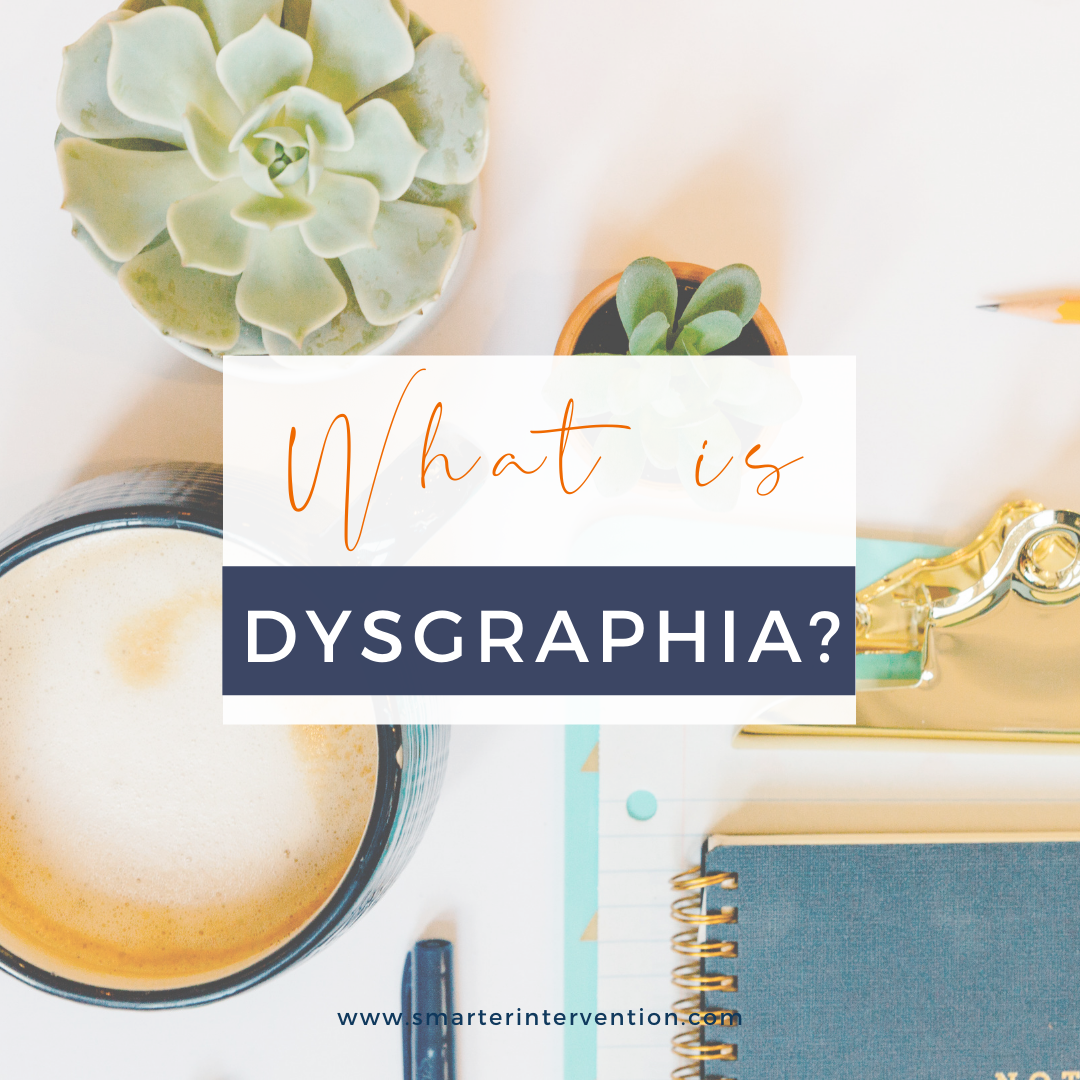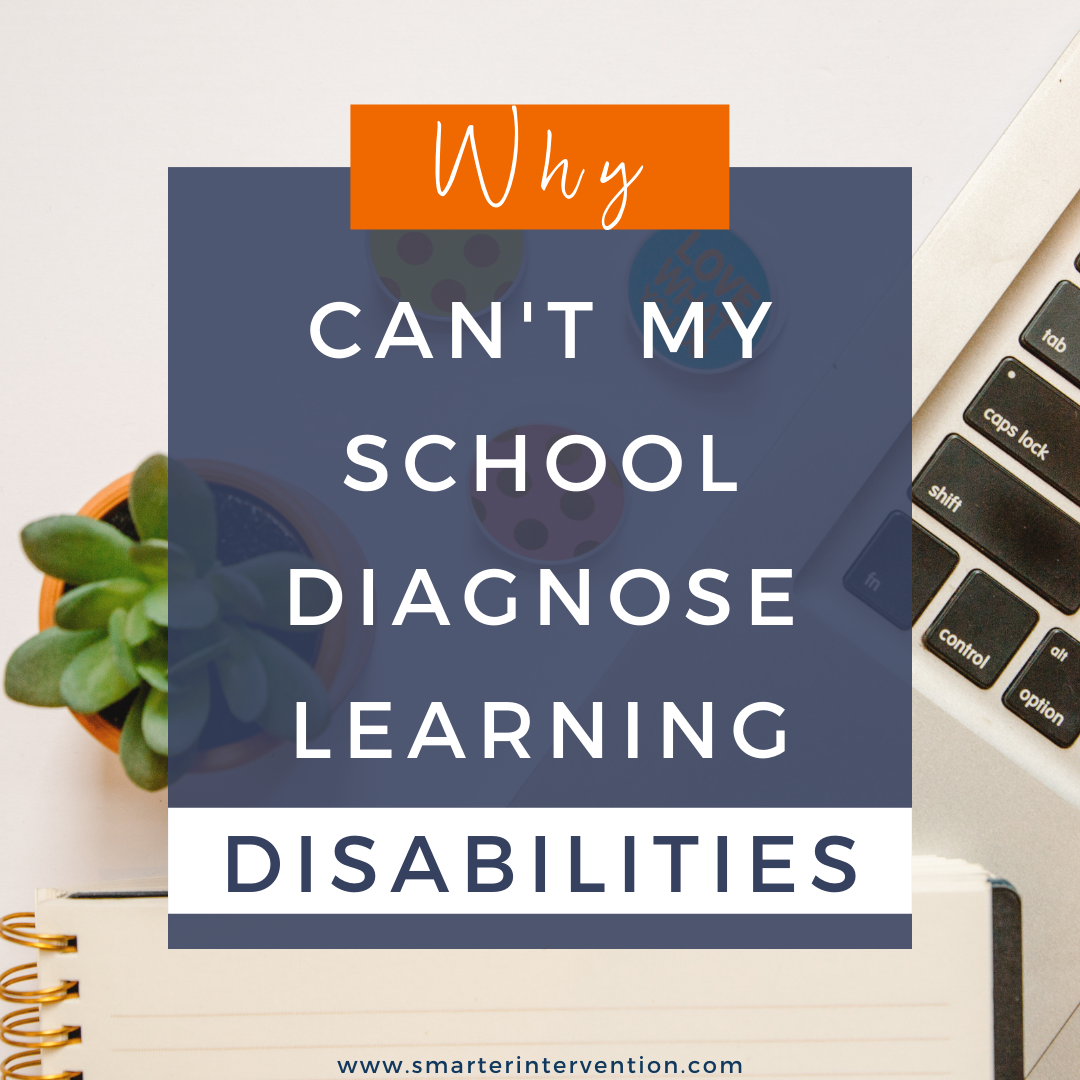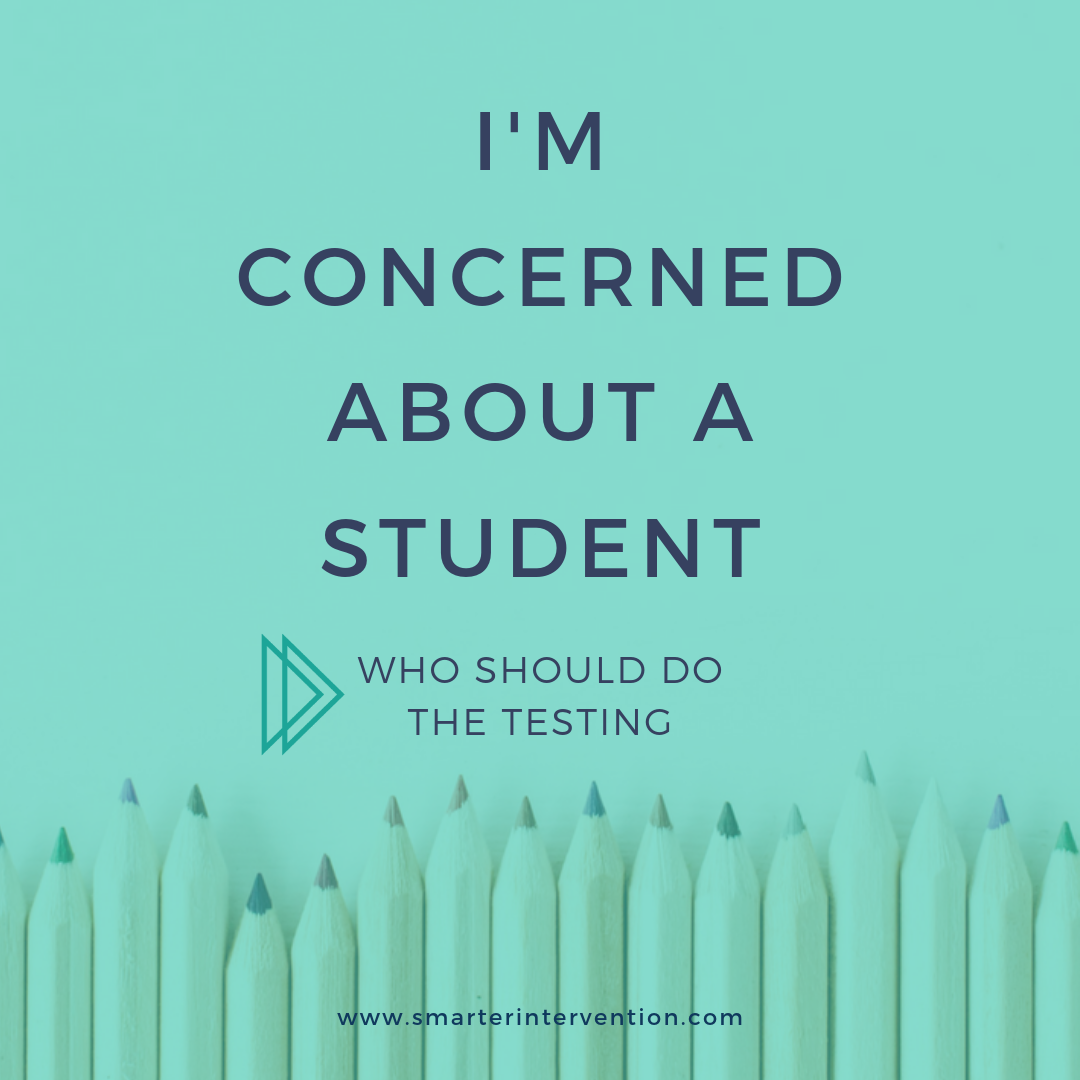Science-based literacy resources and articles
for families, educators and schools
Search by Category:
Categories
- Advocacy
- Authentic Literature
- Business
- Comprehension
- Data Tracking
- Differentiation
- Dyslexia
- Evaluation and Assessment
- Executive Functioning
- Games & Activities
- Helping My Child At Home
- How To
- IEP/504 Plan
- Lesson Planning
- Math
- Online Intervention
- Organization
- Parents
- Phonics
- Phonological Awareness
- Reading Comprehension
- Reading Fluency
- Research
- SLP
- Spelling
- Vocabulary
- Writing
How to Interpret Evaluation Results
Today we wanted to take a little time to discuss how to interpret evaluation results, specifically how to determine whether a students standardized, norm-referenced test scores fall within the average range.
When we look at interpreting evaluation results, there are a number of things we need to consider but the first thing we absolutely must consider is whether scores are falling into an expected area or not. This requires that we go back to our statistics class in understanding the standard bell curve.
What is the Most Important Thing I can do to Support a Struggling Student?
When students are struggling - it’s hard to know where to start and what the most important steps are in providing support to get them to where they need to be.
After working with hundreds of students, and evaluating thousands of students, we’ve realized that the most important thing that parents and educators can do to support struggling students actually has nothing to do with intervention or tutoring, accommodations, modifications, IEP or 504 Plans…
What is Dyscalculia?
Dyscalculia (dis-cal-Q-lee-uh) is another term that is used synonymously with Specific Mathematics Disorder.
Basically, it can be used to describe a student or adult who struggles with mathematic concepts and their foundational constructs. When we consider dyscalculia, we have to think about all the requirements of mathematics. Mathematics requires an incredibly complex set of skills that require multiple connections in the brain to come together quickly.
What is Dysgraphia?
Dysgraphia is another term that is used synonymously with Disorder of Written Expression.
Basically, it can be used to describe a student or adult who struggles producing written content for a number of specific reasons.
When we consider dysgraphia, we have to think about all the requirements of writing. Writing is an incredibly complex task that requires multiple connections in the brain to come together quickly.
Why Can't My School Diagnose Learning Disabilities?
So often we hear from frustrated parents that they are receiving a run-around from their school. As a parent, when our child is struggling we want answers.
However, it can be complicated and sometimes it feels like you’re being told different things by different people!
Which Accommodations are Appropriate?
So if you have or know of a child who is struggling academically - hopefully they’ve been able to move through the first step of our 3 Step Assess - Design - Implement process.
Once a student has been assessed, we can begin to design an appropriate plan.
Which Assessments Should Be Used to Diagnose Dyslexia?
The process of diagnosing dyslexia can often feel like this huge mysterious task! It is truly this multiple step challenge for parents, educators, medical professionals, and other professionals working with struggling students. Let’s break this down.
My Child Has Had all This Testing - I Still Don't Know What it Means!
First, I want to start by saying this is NOT your fault. So often parents come to us feeling frustrated or upset that they just don't understand all the testing and data that has been provided. This isn't because of you - it's not your wheelhouse, and that is ABSOLUTELY, 100% okay.
There are so many tests that tell us so many different things and it can be so hard to interpret all of it.
How to Use Language and Reading Evaluation Data to Provide Better Instruction
Discover how to interpret and act on standardized assessment data to enhance literacy intervention. Learn to pinpoint language-based and reading-based weaknesses through assessments and tailor interventions accordingly. Strengthen vocabulary, language comprehension, syntax, decoding, fluency, and comprehension skills with targeted activities.
What's the Deal with All This School Testing?
So often parents ask us the purpose of all the testing that is going on at school. It may seem like the academic calendar is based around preparing for the tests and then preparing for the results of the tests to come in, and just anxiety all around for students and teachers. So we wanted to take a moment to talk about the different types of testing that may be going on and the purpose of each different type of testing.
How Do I Make Sense of IEP or Private Testing Data?
Uncover the mystery of interpreting IEP scores! Learn the purpose and significance of Language, Cognitive, Academic, Social/Emotional, and Motor Functioning tests. Navigate the realm of Standard Scores and percentiles to understand your child's performance compared to their peers. Unlock the secrets of educational assessments with this comprehensive guide!
School Testing Vs. Private Testing - What's the Difference?
If you are concerned about your child's academic progress, you have a number of options to consider. We talked about the process for getting help from the school here: How Do I Get Help From the School?
So the next thing you may be wondering is:
I'm Concerned About a Student - Who Should Do the Testing?
Discover 8 key signs indicating it may be time to refer students for testing. Understand the benefits and drawbacks of referring to your school's evaluation team versus a local psychologist. Make informed decisions to support struggling students effectively. Access our free course for comprehensive intervention strategies!
The #1 Reason You Should Consider a Private Learning Evaluation
As a parent it can be so difficult to know how to support your child. Do you have the school do all of their testing? What does that testing show? How do you really know whether or not your child is on track? What if test scores don't match the brilliance and/or struggle you are seeing at home?
This month we will be diving into several of these issues as we really focus on the differences between:
8 Key Signs That It May Be Time to Refer a Student for Testing
Uncover the 8 key signs that suggest it's time to refer a student for further testing. As an educator, learn to identify subtle indicators such as inconsistent performance, behavioral concerns, or a sense that something isn't quite right. Trust your instincts and take proactive steps to support struggling students effectively.
5 Signs the Homework Battle is Actually Something More
If you are fighting over homework every night - it's time to figure out what is going on. Often well meaning parents and teachers attribute a student's difficulty finishing or completing work to laziness, but the reality is that is just rarely ever the case. It's important that parents don't lose out on a more positive relationship with their child and get to the bottom of the homework struggle as quickly as possible. Often this struggle is caused by an unidentified learning disability - by identifying the core cause of the difficulties and outlining a plan you could change the future for your child.
How Do I Get Help From the School?
Now that school is back in session, we are getting this question quite frequently. There is a long answer (which we will begin to get into) but the short answer is that it is complicated but not impossible to get help for your struggling student from the school if you know the right questions to ask.
We wanted to walk you through the steps of getting the help you know that your child so desperately needs. Because this can be a complicated process we decided to break it down in the same way we break tasks down for our students.
How Do You Determine which Accommodations are Best?
Once you have intervention in place to be sure your child is closing any skill gaps:
How do you get the right support from the school?
Talking with your child's school team is of paramount importance. You want to be sure that while your child is getting the help they need privately or through school-based intervention, that they are not continuing to fall further behind in the classroom.



















